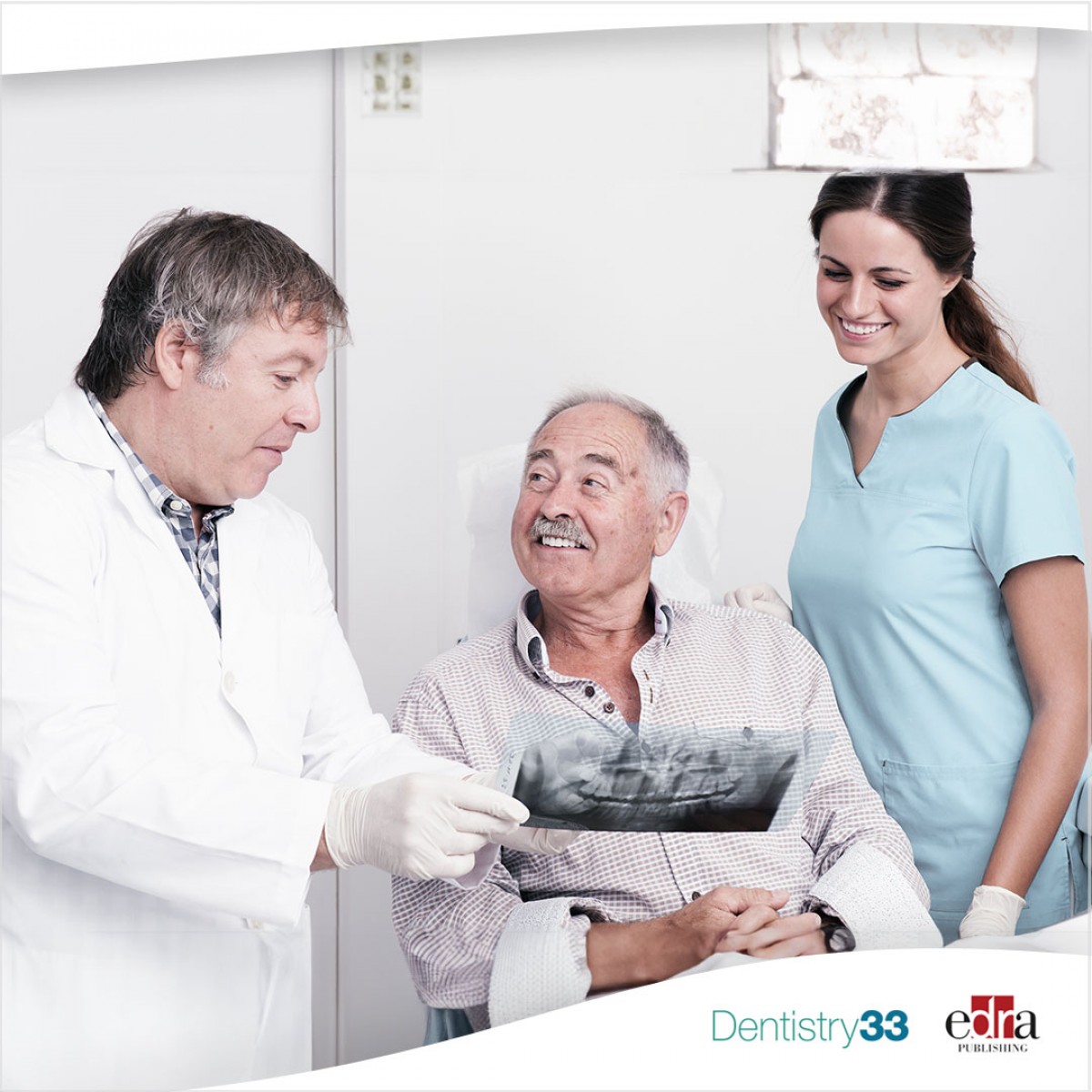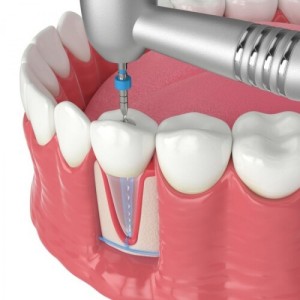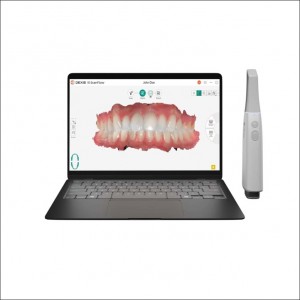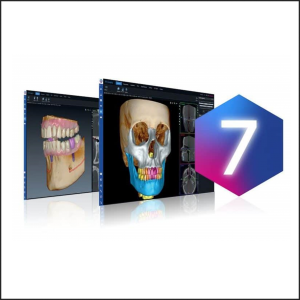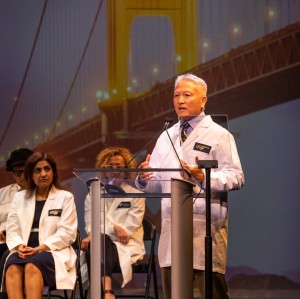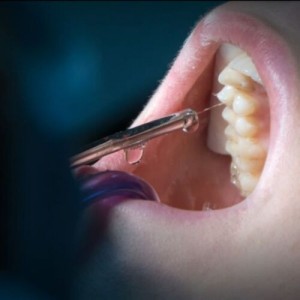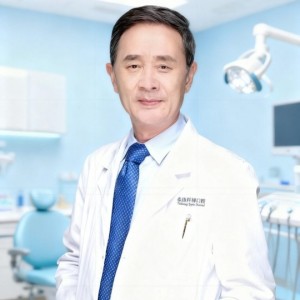
Edentulism predicts cognitive decline
This longitudinal cohort study examines if cognitive decline varies by birth cohort, adjusting for covariates, and edentulism and nonuse of dental care predict a 10-year cognitive decline.
Researchers used the University of Michigan Health and Retirement Study which features a representative sample of U.S. adults over age 50.
Eligibility criteria included having cognitive interview data available and responding to the question, “Have you lost all of your upper and lower natural permanent teeth?” at two or more time points between 2006 and 2018.
The team assessed use of dental care in the past two years. Linear mixed models for repeated measures estimated the trajectories of mean cognition over time for the birth cohorts, adjusted for baseline cognition, dentition status, dental care use and covariates (demographic characteristics, health behaviors, and medical conditions).
Cohort-by-time interaction terms were included to assess if cognitive decline varied by birth cohort. The research team looked at a 10-year change in cognition status (measured by HRS Cogtot27) — categorized as dementia (<7); cognitive impairment, not demented (7-11) 7≤Cogtot27<12; and normal (≥12) — was also investigated according to birth cohort, dentition status, and dental care use.
Mean (SD) baseline age was 63.4 (10.1) y (n = 22,728).
Older birth cohorts had greater cognitive decline than younger cohorts. Linear mixed-model estimates and 95% confidence intervals for protective factors for cognitive decline included higher baseline cognition (HRS Cogtot27) (0.49; 0.48–0.50), use of dental care in the past 2 y (0.17; 0.10–0.23), and covariates such as greater household wealth and being married.
Risk increased with being edentulous (−0.42; −0.56 to −0.28), having a history of stroke or diabetes, less education, being a Medicaid recipient, current smoker, experiencing loneliness and poor or fair self-rated health.
Researchers concluded that edentulism and irregular dental care are among important predictors of cognitive decline. Tooth retention and regular dental care throughout life are important for maintaining oral and cognitive health.
Jones JA, Moss K, Finlayson TL, Preisser JS, Weintraub JA. "Edentulism Predicts Cognitive Decline in the US Health and Retirement Cohort Study." Journal of Dental Research. 2023;102(8):863-870. doi:10.1177/00220345231167805.
 Related articles
Related articles
Implantology 02 October 2025
Proper implant treatment planning remains the first priority for implant success. Dental imaging is an important tool to accomplish this task.
Products 26 September 2025
DEXIS, a global leader in dental imaging, is proud to expand its portfolio of products with the release of the DEXIS Imprevo, powered by IS ScanFlow 2.0 software.
Products 03 September 2025
The latest version of Planmeca’s all-in-one dental software, Planmeca Romexis 7, is now available for purchase
As part of its sustainability strategy, “BEYOND: Taking Action for a Brighter World,” Dentsply Sirona is placing a special focus on sustainable packaging, striving to bring about advances both...
ORTHOPANTOMOGRAPH OP 3D EX is a new x-ray platform now available from DEXIS designed specifically for general practitioners looking to expand their diagnostic capabilities with 3D imaging
 Read more
Read more
Editorials 10 October 2025
With proud smiles and crisp white coats, ninety-three learners from the DDS Class of 2029 and the International Dentist Pathway Class of 2028 marked the start of their dental careers at the UCSF...
Periodontology 10 October 2025
Continuous professional development (CPD) in Periodontology refers to the overall framework of opportunities that facilitate a life-long learning practice, driven by the learner-practitioner and...
TheraBreath, the #1 alcohol-free mouthwash brand in the U.S.*, has introduced a new line of dentist-formulated, clinically tested toothpastes designed to support professional oral care...
News 10 October 2025
New officers and trustees were installed at the Minnesota Dental Association’s Leadership Conference on September 19 in Minneapolis.
News 10 October 2025
Smartee Denti-Technology today announced that Professor Gang Shen, its Chief Scientist and Executive President of TaiKang ByBo Dental, has once again been named to the World’s Top 2% Scientists...


